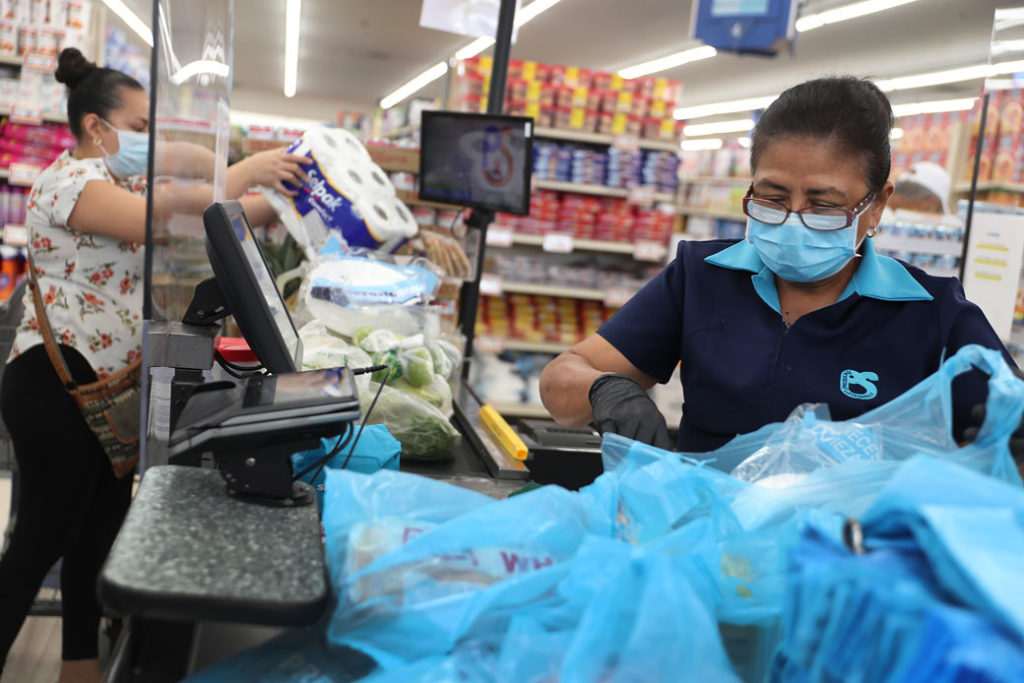COVID’s Economic Impact on Women

We know that natural disasters are in fact human disasters that exacerbate previously existing inequalities in society. That very much includes gender inequality. In my state of Rhode Island, that’s certainly true as well. Here’s an interview with Rachel Flum, who directs the Economic Progress Institute, which does work on low income economic policy in the state.
We hear of women who have lost their jobs because they had to stay home to help their children navigate distance learning, or because their jobs were downsized or their business or place of work closed. Even if they are still working, many are reducing their hours so they can be home to care for children or help with virtual learning. Too many women and their families were already struggling to make ends meet and lived one paycheck away from not being able to pay their bills. Losing work or hours is throwing too many women into real economic distress and women are facing eviction and are unable to pay all their bills.
Also, there are many women, in Rhode Island and around the country, who are undocumented and therefore not able to receive the one-time stimulus payment or unemployment benefits, even though they pay taxes. While the philanthropic community has set up a fund to help provide some relief, the support is not sufficient.
At the Economic Progress Institute, we do a lot of work on caregiving programs, and we know that the women working in these in these women-dominated sectors, are doing the “essential jobs” of caring for seniors and for our youngest so their parents can go to work. These aren’t jobs where women can work from home and these women are putting their health and their families’ health on the line to continue to go to work. Many are stressed out, exhausted, and also trying to juggle caring for their own families while continuing to work and carrying additional stress and worry.
Even if women have the option to work from home, those with young children are often asked to do so while caring for their young children. We hear of women who aren’t comfortable sending their children to child care so they are reducing their hours or quitting their jobs. Or of women whose children are in elementary school and are either learning remotely or on a hybrid schedule. These children are not able to do schoolwork without a parent/adult nearby and some mothers are trying to work early in the morning and late at night to accommodate children’s schooling in between. This is exhausting and hard to sustain.
We also are seeing that increased financial strain and other stressors are leading to increased incidence of domestic violence. Sadly, domestic violence agencies are answering more calls of women in distress as families have been asked to “stay at home” and it has become harder for victims to leave their abusers.
I’d like to think that my state and my nation have learned a lot from this pandemic and will act to prevent similar horrors in the future. On the other hand, I remember I live in the United States of America.
There’s been a lot of reporting over the past 9 months of this hell on the impact of COVID on women. See here at Center for American Progress, here a study from the University of Southern California. And another from CAP, more recently.
